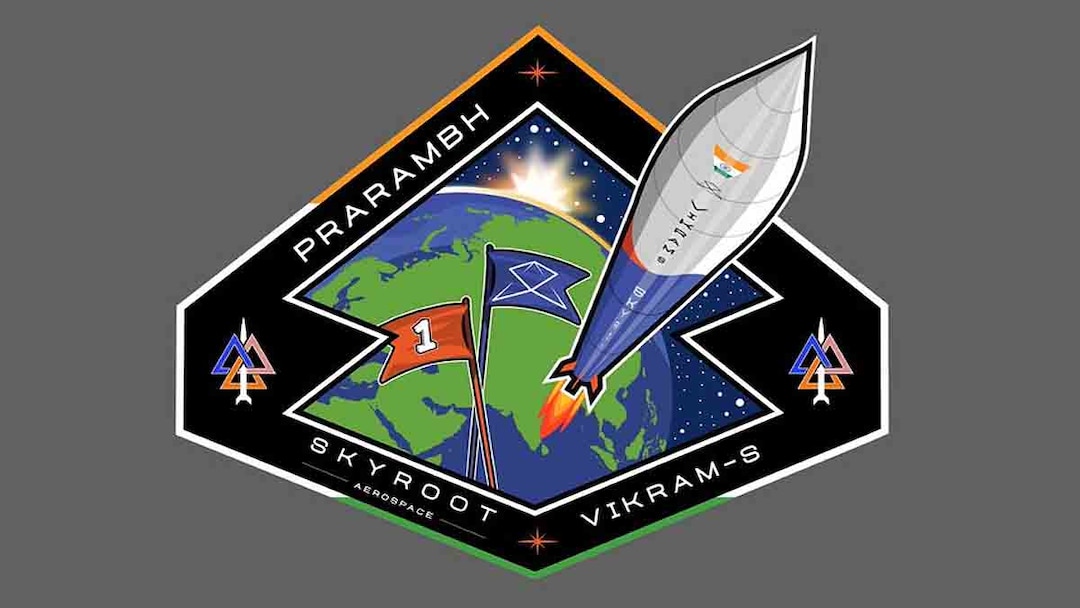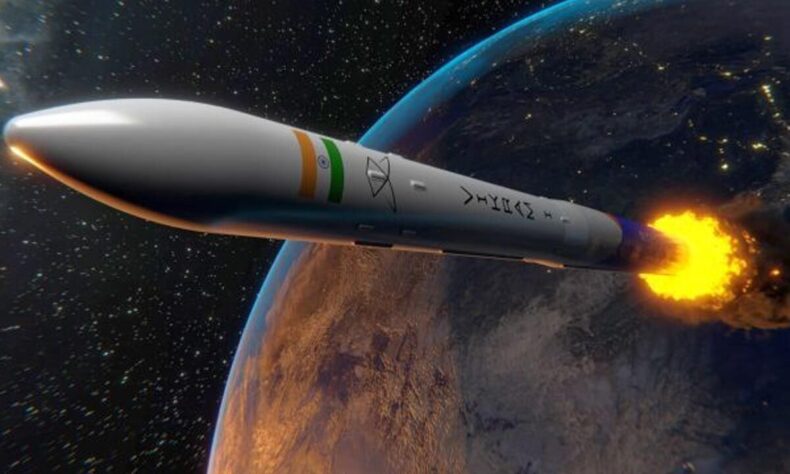
India’s new vehicle
India’s initial privately advanced launch vehicle – Skyroute’s Vikram-S based in Hyderabad – is all set to formulate its maiden flight from the nation’s only spaceport in Sriharikota between Nov 12 and 16.
Signifying the opening of private sector launches, the mission titled ‘Prarambh‘ will glimpse Vikram-S carrying three customer satellites in a sub-orbital flight.
The ultimate takeoff date will be determined and specified based on the weather situation. N. B. Daka, the company’s COO and co-founder, has announced that the Vikram-S rocket is a single-stage sub-orbital launch vehicle that will be eligible for bringing three client baggage as adequately as testing and assessing technologies in the Vikram Series Space Launch Vehicle will enable too.
Suborbital flights, such as those executed by Jeff Bezos and Richard Branson, are vehicles that are touring quieter than orbital momentum and which implies it is rapidly sufficient to attain exterior area but orbit Earth. Not rapidly sufficient to remain in orbit. The mission will also enable the corporation to assess its systems in space.
The corporation is formulating three Vikram rockets. It can use myriad solid and cryogenic fuels to carry 290 kg and 560 kg payloads into sun-synchronous polar paths. In comparison, India’s workhorse PSLV can carry up to 1,750 kg in such a path, while the recently formulated Small Satellite Launch Vehicle – formulated to hold up small commercial satellites – can only carry up to 300 kg in a Sun-synchronous path.

We have been able to build our Vikram-S rocket mission in such a short period because of the precious support and technology talent from ISRO and In-Space (Indian National Space Promotion and Authorization Centre). Skyroot CEO and co-founder P. A. Chandana has said that we are very proud to announce our pioneering mission ‘Prarambh’ devoted to the Indian private space sector, which has also profited immensely from the reforms and perception of the Government of India.
Although Skyroot will be the initial particular corporation ever to inaugurate its rocket, other companies are not distant behind. Take for specimen Agnikul Cosmos, whose semi-cryogenic Agnilet engine was experimented on on Tuesday for 15 seconds at the Indian Space Research Organization’s (ISRO) Vertical Testing Facility at Thumba Equatorial Rocket Launching Station (TERLS), Thiruvananthapuram. ISRO’s Small Satellite Launch Vehicle (SSLV) is also likely to be built and regulated by particular performers shortly.
For particular satellite missions, ISRO’s hugest launch vehicle Mark III also inaugurated 36 OneWeb satellites (India’s Bharti is a stakeholder). The space mechanism will also inaugurate another fleet of 36 satellites for the corporation. Distant from this, the space agency has also recently inaugurated at least four satellites created by students.
MISSION PRARAMBH
Skyroot Aerospace was established to inaugurate India’s initial privately advanced rocket as part of the corporation’s maiden mission, named Prarambh. The initial mission and the Vikram-S rocket were formulated by Hyderabad-based startup Skyroute Aerospace with broad aid from ISRO and IN-SPACe (Indian National Space Promotion and Authorization Centre). The launch will also be done through ISRO Launchpad.
Vikram
Vikram is a sequel of modular space launch vehicles formulated specifically for the small satellite market. It is predicted to be able to launch more than twenty thousand small satellites in the prospective decade. The launch vehicles also have extraordinary abilities such as multi-orbit insertion and interplanetary missions.













